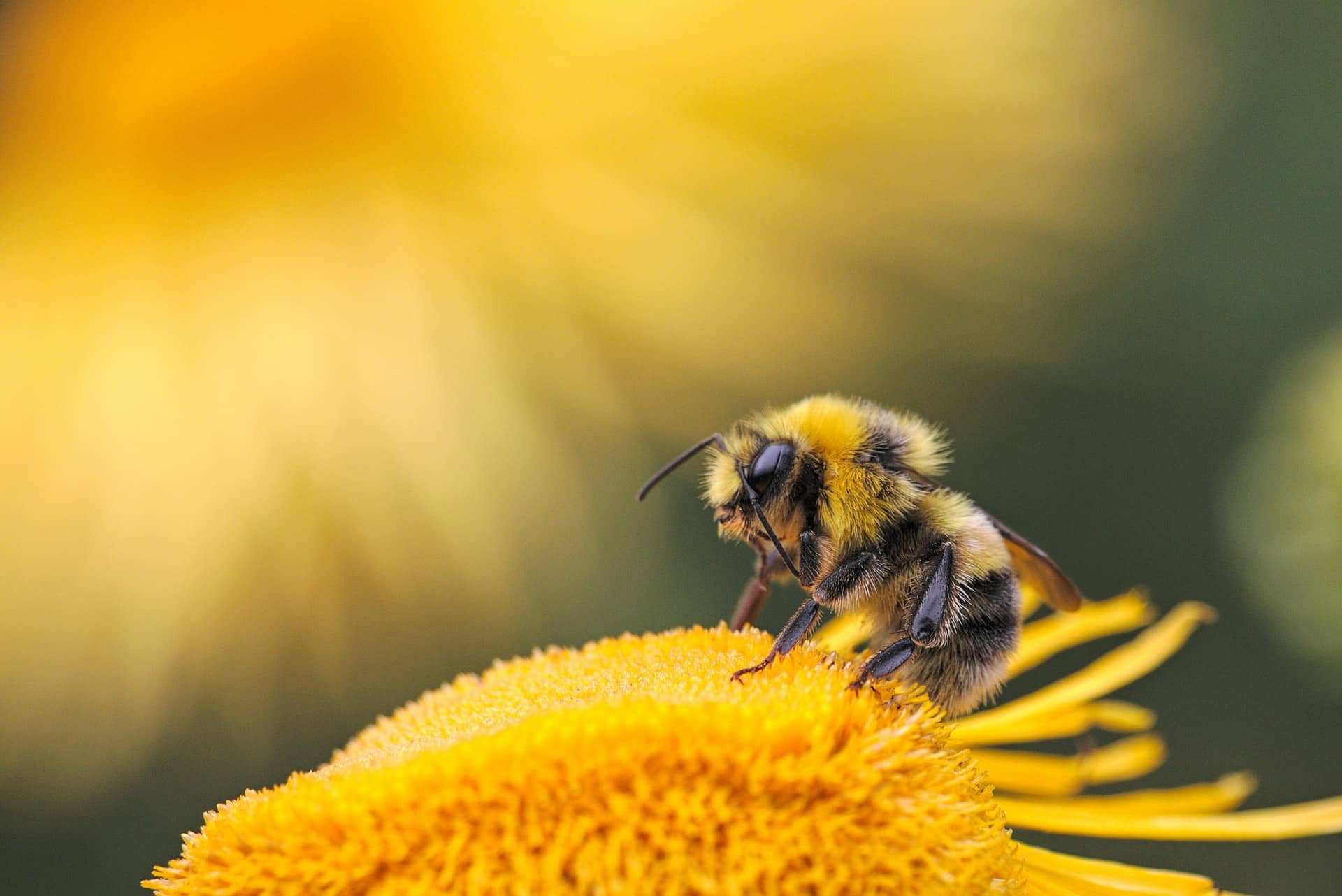News OnTheWight always welcomes a Letter to the Editor to share with our readers – unsurprisingly they don’t always reflect the views of this publication. If you have something you’d like to share, get in touch and of course, your considered comments are welcome below.
This from Maggie Nelmes, Ventnor. Ed
The first question chosen for Radio 4’s ‘Any Questions’ programme, broadcast from Freshwater on the Queen’s Jubilee Day, was whether the monarchy is as relevant today as it was in 1952.
In a recent YouGov poll, 62 per cent want the monarchy to continue and 22 per cent want an elected head of state. 39 per cent believe that in a hundred years’ time, the monarchy will still be in place, but 41 per cent think it will not.
Nothing more threatening than climate crisis and nature’s decline
In my opinion, if the monarchy is to survive for long after Elizabeth’s reign, the Royal Family must be seen as trustworthy and in touch with the greatest concerns of ordinary people.
Nothing is more threatening to us in the long-term than the climate crisis and nature’s decline.
Pioneering Prince
Prince Charles is to be commended for pioneering and popularising organic farming, from 1985, at Highgrove, and, after recently taking over management of the Sandringham Estate, converting nearly a third of it to organic farming.
Prince William has demonstrated some commitment to tackling climate change by launching the ‘Earthshot’ Prize with Sir David Attenborough, five one-million-pound prizes a year for the next ten years for solutions to the world’s greatest environmental problems.
Royal silence on rewilding question
Yet, when Wild Card and 38 Degrees, two national campaign groups, joined forces to ask the Royal Family, as the largest landowners in Britain, if they would discuss the rewilding of their huge country estates, the Duchy of Cornwall and the Duchy of Lancaster remained silent.
Only the Crown Estate responded, and they did so enthusiastically. Though owned by the reigning monarch, the Crown Estate is managed independently, with only a quarter of the profit from its roughly 263 thousand acres received by the Queen, the rest going to the state. The Queen received £86 million of the profit last year, to cover expenses she incurred performing her royal duties.
Royal-owned land
The Prince of Wales owns the Duchy of Cornwall, 135 thousand acres of land and five thousand acres of foreshore in South-west England, including most of Dartmoor.
The Monarch owns the Duchy of Lancaster, 45,500 acres of land, mainly in the North of England, and some prime real estate in Central London. Both duchies are primarily sources of income: the Queen and Prince Charles make about £20 million a year each from these assets.
As individuals, the Royals also own private estates, including Balmoral and Sandringham, amounting to 72 thousand acres.
Wild Card: Royals have far-reaching influence
According to Wild Card,
“The Royals possess not just vast landholdings and considerable wealth, but also far-reaching influence and an ancient role as stewards of the land and people.
“We believe there has never been so urgent a need for this stewardship.”
Low coverage of trees
Tree coverage is only 6 per cent of Duchy of Cornwall land, half the national average, while in the European Union it is 38 per cent.
The Wildlife Trusts say we should aim to rewild at least a third of our land if we are to halt the rapid downward spiral of so many species of plant and animal life towards extinction.
Huge profits at expense of climate and nature
The Queen’s vast private Balmoral Estate in Scotland is managed for game shooting, with barren grouse moor replacing the rare temperate Caledonian forest that would naturally grow there, home to a great diversity of native wildlife.
The shooting industry is highly lucrative, and the Royals have been criticized for making huge profits at the expense of climate and nature.
Carbon footprint
Moreover, the individual Royal’s carbon footprint must be so very many times greater than the average person’s, given their many staffed mansions and lavish lifestyles.
This is unsustainable and makes a mockery of the efforts of many citizens to reduce their own environmental footprint.
Sign the petition
Please sign the petition to urge the Duchies of Cornwall and Lancaster to agree to discuss rewildling with Wild Card.
If the monarchy is to survive, it will have to set an example to other big landowners and lead the way in rewilding their estimated 1.5 per cent share of land in this country.
Image: dmitry grigoriev under CC BY 2.0





